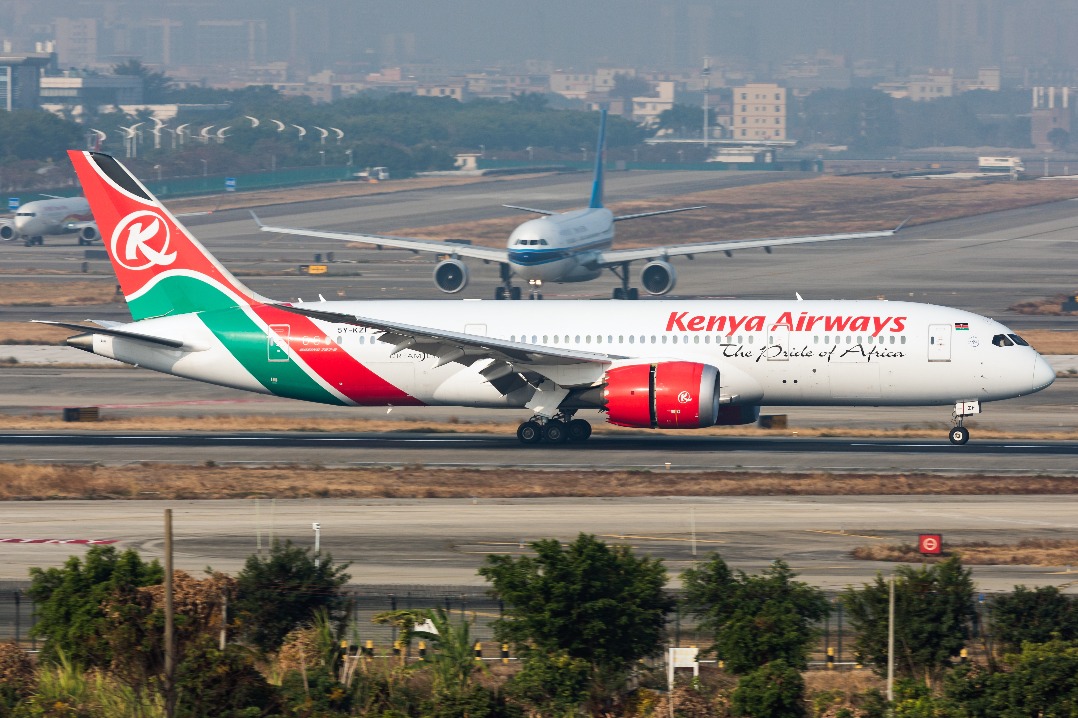Hizo, a promising Nigerian fintech startup, has successfully raised $100,000 in a “friends and family” seed funding round to accelerate its mission of transforming how money moves across African borders. The funding will support the company’s efforts to simplify intra-African remittances by enabling seamless transactions in local currencies, without the need for foreign intermediaries.
Currently in its pilot phase, Hizo is building a remittance platform tailored specifically for the intra-African financial ecosystem, a segment often overlooked by traditional financial services. The platform already facilitates cross-border transfers and payments in Nigerian Naira across more than 14 African countries, offering individuals and small businesses a more efficient and cost-effective way to operate within the continent’s fragmented financial landscape.
“Cross-border transactions within Africa are typically routed through foreign currencies like the U.S. dollar,” explained Victor Chiedu, CEO and co-founder of Hizo. “This not only increases the cost of transactions but also adds unnecessary complexity. At Hizo, we’re building a platform by Africans, for Africans—one that enables the use of local currencies across borders, eliminating the need for foreign exchange middlemen.”
The newly acquired funding will be strategically invested in product development, market expansion, and team growth, as the company prepares to scale its operations and enhance its technology infrastructure.
Chiedu emphasized the importance of aligning with investors who share the company’s long-term vision:
We deliberately chose backers who not only understand our mission but are also committed to being part of a broader movement. For us, this round is not just about raising capital—it’s about building a community that’s driven by shared values and a desire to create lasting impact.
With this early backing, Hizo is positioning itself as a key player in the future of African fintech, aiming to unlock the full potential of intra-continental trade and financial inclusion.










